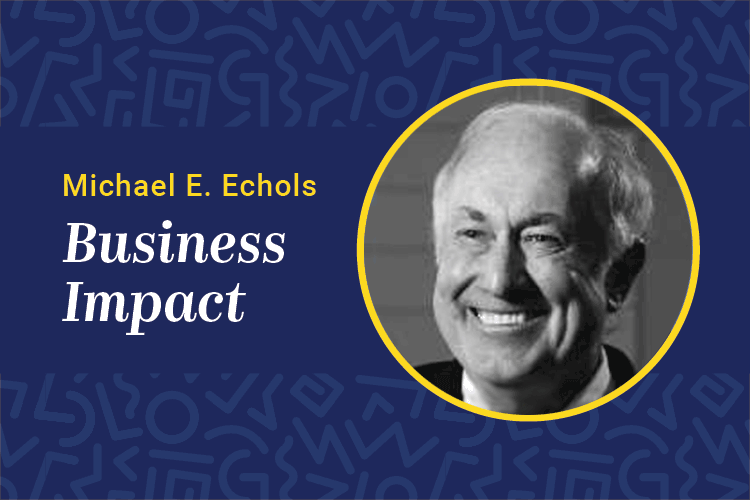I was quoted in “Measured Response,” an article in the June issue of CFO magazine. The essence of the debate therein was summarized in the last paragraph: “In the end, it may come down to a CFO’s inherent orientation. ‘My sense is that those who believe training is a good investment don’t need a lot of data to reinforce that belief … And for those who don’t believe it, no amount of data will convince them.’”
The last sentence is about culture, not facts, for both learning executives and finance executives. Learning executives hold deep beliefs about learning’s value. One might conclude that such a deeply and widely held belief works to their advantage, and in some ways it does. But in other ways it is a huge disadvantage for learning leaders and their organizations.
Investment decision making in human capital has implications for individuals, our organizations and our nation. Basing resource allocation decisions on beliefs about these things doesn’t work. There is simply too much risk for all involved. In the end, the stakes are too high.
I believe that as a nation we are investing too little in our human capital, and we are not making human capital investments wisely when we do make them. In both cases, we need more data and analysis to make more productive investment decisions. This may not come as a surprise to those who have been patient enough to listen to my railing about these issues for years. But we struggle to define policy at the national level, and then we miss key priorities at the enterprise level.
The ROI debate is all too familiar to our learning community. What is new here is the perspective from the CFO community. Surprisingly, when it comes to human capital investment, finance leaders tasked with bringing objective, data-based investment decision making to the senior leadership team are willing to make investment decisions based on belief. The contention that these beliefs will not be swayed by facts is even more surprising. The $126 billion which the American Society for Training & Development estimates we spend on learning is a lot even in the age of trillion-dollar deficits.
Here is the bottom line of the cultural debate. The conclusion of the CFO article is that there are two separate camps for CFOs. There are those who believe learning is a good investment and those who don’t. The basic thesis is that those in the first camp don’t need data because they already believe, while those in the latter camp would not change their beliefs even if presented with objective data and analysis.
While I might accept that the culture of learning executives might not be compelled to measure financial data and do the analyses, I find it difficult to believe that those trained in the profession of dispassionate financial decision making have come to the same conclusion. Finance executives live in a culture of data and analysis and are chartered to be stewards of the financial resources of an enterprise. In the resource allocation game, $126 billion is no small chunk of change.
In the end, the real issue is that neither the learning profession nor the finance professions have, as a core competency, what every pharmaceutical organization has: the knowledge and experience to separate the influence of so many factors from the financial impact.
There is not a single capable finance manager who would be unwilling to spend, say, 5 percent of a planned capital investment to assure the senior executive team that the financial return the advocating operating manager believes in is supported by the facts. That work is routinely performed for virtually every balance sheet-based investment made in large organizations.
Five percent of $126 billion is $6.3 billion. There are two important points about this $6.3 billion. First of all, we are not spending it. Secondly, one is hard-pressed to conclude the management of $6.3 billion used to gather data and do the financial analysis on the $126 billion in investments is, in the culture of any competent senior management team, a waste of time.
Michael E. Echols is the vice president of strategic initiatives at Bellevue University and the author of ROI on Human Capital Investment. He can be reached at editor@CLOmedia.com.















